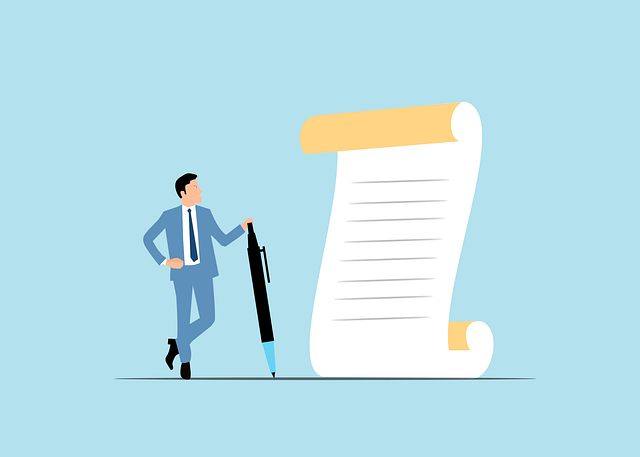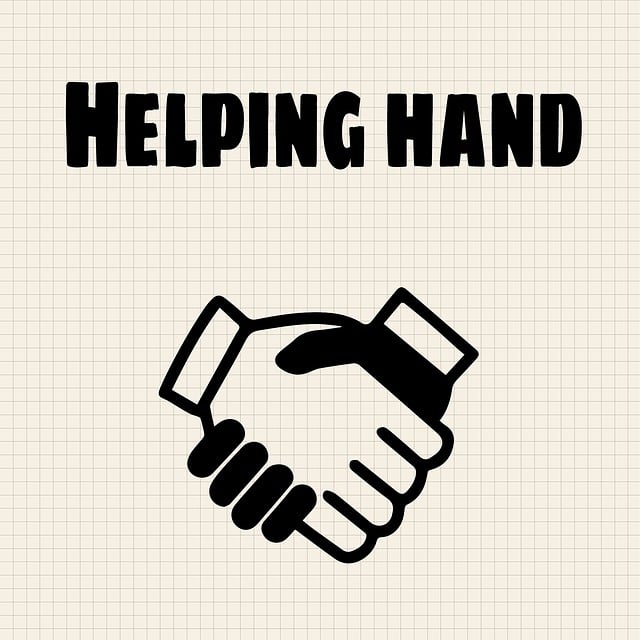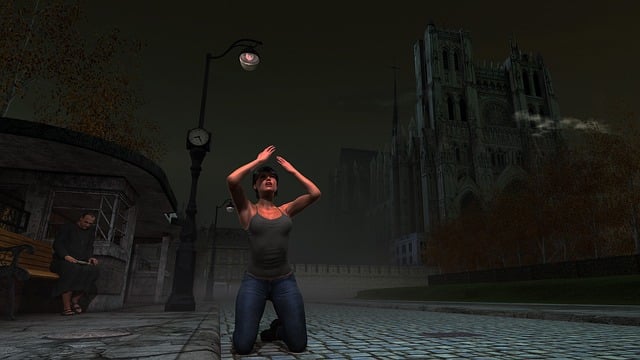Motorcycle accidents without helmets significantly increase the risk of severe head injuries, including traumatic brain injuries (TBIs) and diffuse axonal injury (DAI). The human skull protects the brain, controlling every bodily function. Without a helmet, even minor accidents can cause lifelong disabilities or fatalities. Wearing a properly fitted motorcycle helmet is essential for rider safety and personal injury claims, reducing death risk by 37% and sever brain damage by 60%. Non-helmeted riders face higher legal consequences, including medical bills, lost wages, and pain and suffering compensation.
Motorcycle enthusiasts often embrace a sense of freedom when riding without a helmet. However, this choice significantly elevates the risk of severe head injuries in the event of an accident. This article delves into the dangers riders face when forgoing protective gear, exploring impact forces and survival statistics to emphasize why helmets are crucial. Understanding these factors can help raise awareness about the vital role helmets play in safeguarding motorcyclists on the road.
- Head Injuries: The Top Risk Without Protective Gear
- Impact Forces: Understanding the Dangers of Unprotected Riders
- Survival Statistics: Why Helmets Save Lives
Head Injuries: The Top Risk Without Protective Gear

In a motorcycle accident without a helmet, the risk of sustaining a head injury is significantly higher. The human skull offers vital protection to our brains, which are delicate organs that control every function in our bodies. Without this protective gear, even minor accidents can result in severe and lifelong disabilities or, in the worst cases, immediate death.
Motorcyclists involved in collisions often experience traumatic brain injuries (TBIs), ranging from concussions to more critical conditions like diffuse axonal injury (DAI). These injuries can affect cognitive functions, motor skills, and emotional well-being, impacting a rider’s ability to return to work or engage in everyday activities. Given these risks, wearing a properly fitted motorcycle helmet is not just a recommendation but an essential measure for client recovery and personal injury claims in the event of an accident.
Impact Forces: Understanding the Dangers of Unprotected Riders

Motorcycle riders who choose to ride without a helmet face significantly higher risks during accidents compared to those wearing protective gear. In the event of a collision, especially at higher speeds, the human body experiences immense forces upon impact. Without the barrier of a helmet, these forces directly translate into the rider’s head and body, leading to severe injuries or even fatalities.
Unprotected riders are particularly vulnerable to traumatic brain injuries (TBI) due to the violent shaking and deceleration that occurs during an accident. These injuries can range from mild concussions to life-threatening conditions like diffuse axonal injury (DAI). Additionally, slip and fall injuries become more prevalent without a helmet, as riders lack the protection to cushion their head and body upon impact with the ground, potentially leading to expensive medical bills and accident settlements. It’s crucial for motorcyclists to understand these dangers to make informed decisions regarding their safety, ensuring they don’t breach their fiduciary duty to themselves by forgoing essential protective gear.
Survival Statistics: Why Helmets Save Lives

Motorcycle accidents without a helmet can have devastating consequences. Survival statistics reveal that helmets save lives by significantly reducing the risk of fatal head injuries. Studies show that motorcycle riders wearing helmets are 37% less likely to die in a crash and 60% more likely to avoid severe brain damage. This protective gear acts as a crucial barrier, absorbing much of the impact energy during a collision, providing vital seconds for riders to regain control or receive emergency assistance.
The importance of helmets is further underscored by the fact that wrongful death claims related to motorcycle accidents often involve breaches of contract and safety standards. A truck accident lawyer would likely emphasize this point, as many states have laws mandating helmet use for a reason. By not wearing a helmet, riders expose themselves not only to personal injury but also to potential legal repercussions, including substantial medical bills, lost wages, and even compensation for the pain and suffering of survivors in cases of fatal accidents.
Motorcycle riding without a helmet significantly increases the risk of severe head injuries in the event of an accident. As highlighted by survival statistics, helmets act as a crucial protective barrier, reducing the impact forces experienced by riders’ heads. Given the high occurrence of motorcycle accidents without helmets and their devastating consequences, it’s imperative that riders prioritize safety by wearing appropriate protective gear to safeguard against potential life-altering injuries.





